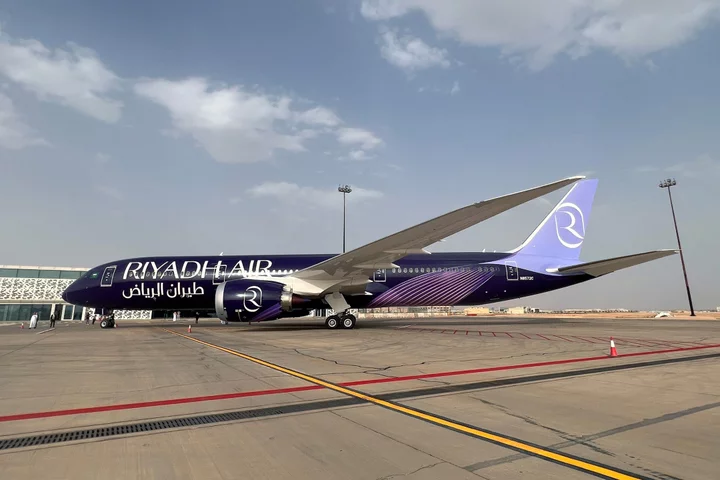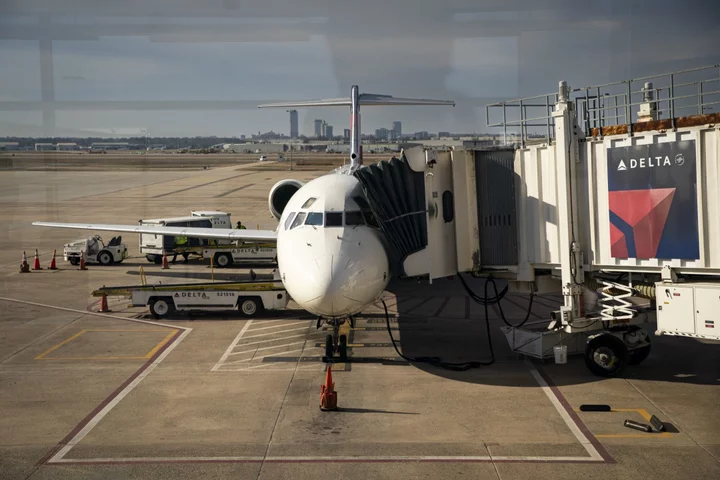Saudi Arabia plans to open its domestic aviation industry to more competition, part of an overhaul that the government estimates will drive a $100 billion investment in the sector by the end of the decade.
Among the plans laid out by the General Authority of Civil Aviation, airports and ground-handling operations will be allowed to be privatized, and airports will also receive an incentive plan to raise their quality standards, according to a statement. License processes for ground handling and air cargo service providers will also streamlined. according to the release.
“The regulations create an open, dynamic and competitive market, setting a level playing field for global operators and investors in the Kingdom,” said GACA President Abdulaziz Al-Duailej.
As part of Saudi Arabia’s bid to diversify income away from oil, it aims tourism to account for 10% of gross domestic product by 2030 while transforming the country into a logistics hub. To help hit that target, the country aims to invest billions of dollars in airports and aircraft to boost transport links.
Saudi Arabia recently introduced a new airline, called Riyadh Air, which aims to bring more tourism to the country and provide a level of service and connectivity that equals regional champions Emirates and Qatar Airways. While Saudia, the main airline, has been around for decades, the carrier mainly serves local travelers and those focused on pilgrimage.
Read More: A Saudi Airline Embraces Luxury to Challenge Emirates and Qatar
The aviation regulator has already fielded inquiries from potential investors in aviation assets, though the formal unveiling of the new plan will only accelerate interest, said Awad AlSulami, GACA’s executive vice president for economic policies and logistics services.
The new policy expands the qualifying rules for airport operators to support the Kingdom’s plans to privatize all Saudi airports by 2030. Abha International Airport, Taif International Airport, Ha’il Regional Airport, Al-Qassim International Airport have commenced this process.
Author: Leen Al-Rashdan









